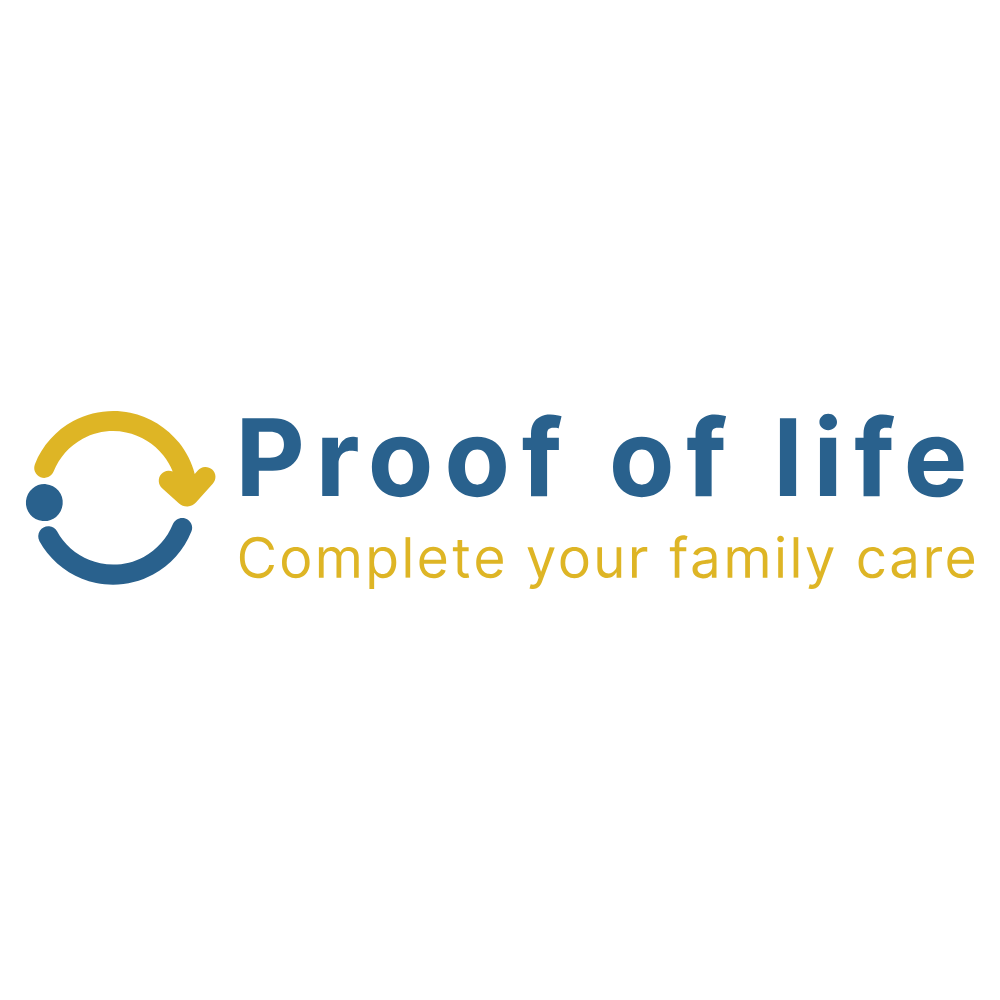Critical Information at Critical Times
Families often face three common challenges when it comes to critical information:
- Confusion in a Crisis – When a loved one passes away or becomes incapacitated, family members may scramble to locate wills, medical directives, or financial details. Without clear access, the result is stress, delays, and sometimes legal disputes.
- Overwhelming Loved Ones – Dumping everything into one giant binder or folder can cause information overload. Family members may shut down emotionally when presented with too much at once.
- Risk of Breach or Misuse – Without secure systems, sensitive documents are vulnerable to theft, loss, or unauthorized sharing.
Proof of Life services are designed to address these challenges by offering a secure, structured, and emotionally sensitive way to share vital documents with the right people, at the right time. For a broader framework on preparing and safeguarding your most important records, see our guide: Life Essentials Management: How to Organize What Matters Most.
What this article covers:
Core Insights
- Assign levels of clearance and access for different family members.
- Organize documents by categories (financial, legal, medical, personal).
- Protect against data breaches, which are costly and damaging.
- Share information gradually in bite-sized chunks.
- Clearly define roles and responsibilities for those with access.
- Use Proof of Life’s digital tools to streamline organization and sharing
- Recognize life events that may trigger access needs.
- Review and update information regularly.
Determine Levels of Clearance & Authorized Access
Think of family information sharing as similar to government “classified” systems. Documents vary in sensitivity, so access should depend on both clearance level and need-to-know.
This is one of the practical applications of Organizing Essential Family Records , which emphasizes clarity in who gets access, when, and why. By tailoring clearance to roles, you reduce the risk of oversharing sensitive details while ensuring important responsibilities are met.
Organizing & Clearance
Organize documents before sharing to avoid chaos in emergencies. Suggested categories:
- Legal Documents: Wills, trusts, attorney forms – shared with executors, beneficiaries, and legal advisors.
- Financial Documents: Bank accounts, insurance, investments – limited to those with financial authority.
- Medical Documents: Health records, advance directives, DNRs – for medical proxies and caregivers.
- Personal Records: Birth certificates, IDs, marriage licenses – for immediate family reference.
For more on structuring these categories, review the broader strategy outlined in Life Essentials Management: How to Organize What Matters Most.
Why Information (Data) Protection Matters
Data breaches don’t just affect corporations—they also threaten families. According to the IBM / Ponemon Cost of a Data Breach Report 2025, the average global cost of a breach is $4.45 million, with the U.S. averaging $9.48 million per breach. Beyond money, breaches expose sensitive personal data, creating long-term risks like identity theft and fraud.
This reinforces why Organizing Essential Family Records (Link to Life Essentials Management: How to Organize What Matters Most) is not just about organization, but also about data security — ensuring your private documents are shielded against modern threats.
Share Information in Bite-sized Chunks
Avoid overwhelming family members by sharing critical information gradually:
- Start small: Begin with essential documents like wills or medical directives.
- Stage sharing: Add financial records and personal documents in later meetings.
- Maintain clarity: Use simple language, summaries, and Q&A sessions.
This staged approach complements the bigger-picture planning principles discussed in Managing What Matters Most.
Responsibilities & Tasks
Gaining clearance is not just about access—it’s about responsibility. Once authorized, family members may be expected to:
- Carry out instructions in estate documents.
- Manage finances responsibly and transparently.
- Make informed medical decisions aligned with directives.
- Maintain confidentiality to protect sensitive information.
Organizing with Proof of Life
Proof of Life provides secure tools to help families:
- Organize documents by category with guided workflows.
- Control access using password management.
- Share files securely with document management and revoke access when needed.
- Ensure compliance with GDPR, HIPAA, and other global standards.
- Nominate trusted individuals to assume account access in emergencies.
When paired with the organizational approach from Organizing Essential Family Records, Proof of Life offers both the structure and the secure platform to keep everything in order.
Facing Life’s Uncertainties
Access to family information is often triggered by life events:
- Sudden illness or hospitalization.
- Death of a family member.
- Retirement or incapacity.
- Natural disasters or emergencies.
By aligning these triggers with the proactive planning in Managing What Matters Most, families can respond with confidence and clarity.
Keep Up-to-Date
Information management is not a one-time task. Update regularly to avoid outdated contacts, expired policies, or incorrect directives:
- Annual reviews – tax season is a natural reminder.
- Life events – marriages, divorces, births, retirements.
- Scheduled check-ins – Proof of Life offers reminders for updates.
For more on keeping your family’s file accurate and relevant, see the update strategies outlined in Life Essentials Management: How to Organize What Matters Most.
Frequently Asked Questions
Q1. How do I prevent family conflict when sharing sensitive documents?
Set clear rules, limit access by roles, and consider mediation if disputes arise.
Q2. What if someone breaches confidentiality?
Revoke their access immediately, change passwords, and add security measures.
Q3. How can I share updates if my family is spread across locations?
Use secure collaboration tools and schedule virtual meetings to explain changes.
Q4. Should I still keep physical copies if I digitize everything?
Yes, originals like wills and deeds should be stored in fireproof/waterproof safes.
Q5. How often should I update my Life Essentials file?
At least annually, or whenever major life changes occur.


